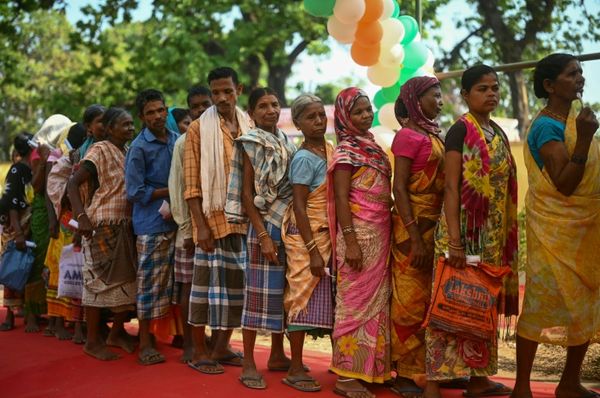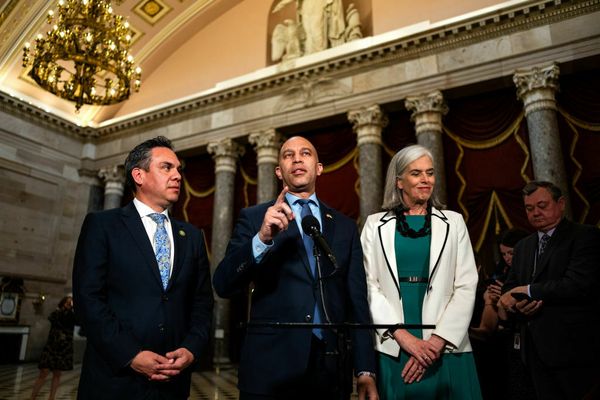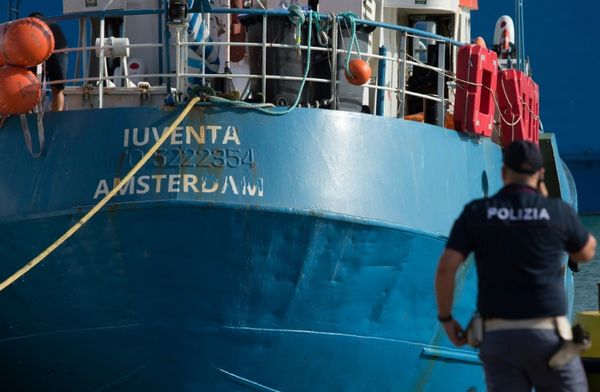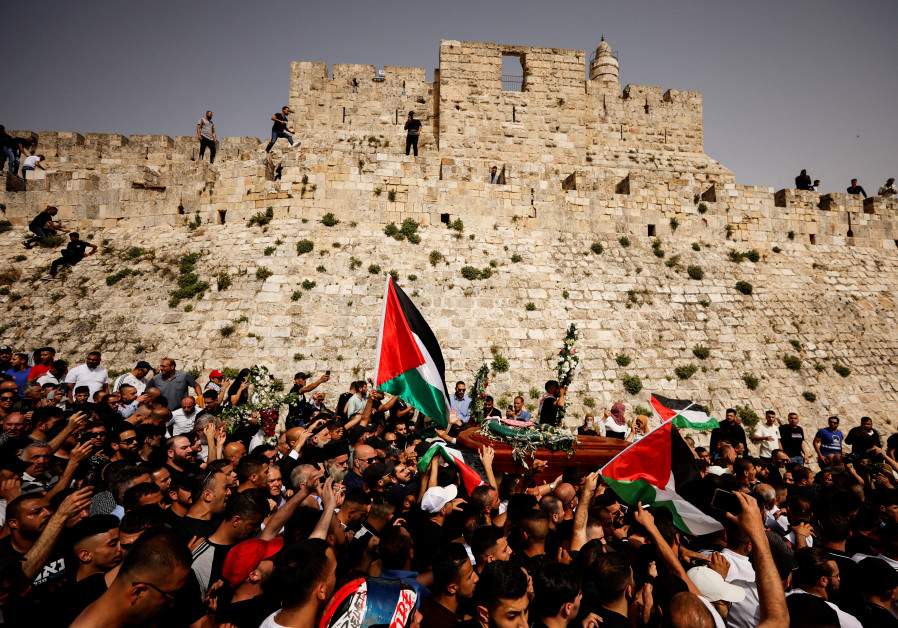
In the fall of 2021, Shireen Abu Akleh returned to Jenin. She wrote at the time in the publication This Week in Palestine that she spent a few nights and days there. This was after a handful of Palestinian prisoners broke out of Israel’s Gilboa Prison. The last two prisoners were caught in the third week of September. At the time, The Jerusalem Post noted that “escaped prisoner Zakaria Zubeidi will be protected by his family and friends in the Jenin Refugee Camp should he return there.”
We now know Zubeidi didn’t return to Jenin. Nevertheless, Abu Akleh went to Jenin to cover the city during that tense period between September 8-21. Abu Akleh, a legendary and well-known journalist in this area was killed on May 11 while covering another Israeli raid on Jenin. It is fitting then to pause for a moment as we watch the unfolding scenes from her funeral in Jerusalem to look back and also forward.
The scenes at the funeral are like the killing itself: a chaos that brings shame to Israel.
One would think after decades of conflict that Israel might have learned from these things. Evidence shows that Israel has learned some things, such as the use of intelligence and precision in conflicts with Hamas in Gaza. But in the West Bank and Jerusalem, the rule is more complex.
Overlapping systems of authority, from the army to the police and intelligence services, leaves gaps in broader policies. It is still not known if Abu Akleh was killed by a bullet fired by the IDF or by Palestinian gunmen. For many people, though, that doesn’t matter – because she was killed during an Israeli raid and these were events that Israel set in motion. And then Israeli authorities didn’t respect the funeral.
אלוהים ישמור. שיקום הבנאדם שמסוגל להסביר למה לעזאזל צריך שהשוטרים והחיילים שלנו יתקפו את הלוויה של העיתונאית שירין אבו עאקלה, שככל הנראה נהרגה מאש של הצבא? מה ההיגיון כאן? למה שבר כזה יקרה? למי זה טוב? לנו, כישראלים, זה לא טוב. הצבא והמשטרה פועלים כאן גם נגד האינטרס שלנו. בושה. pic.twitter.com/wHAWXXl4JW
— Alon-Lee Green - ألون-لي جرين - אלון-לי גרין 🟣 (@AlonLeeGreen) May 13, 2022
The excuse is that Palestinians at the funeral shouted slogans, carried Palestinian flags and threw objects. The problem is that for law enforcement agencies, every problem is often a nail and every solution is the hammer.
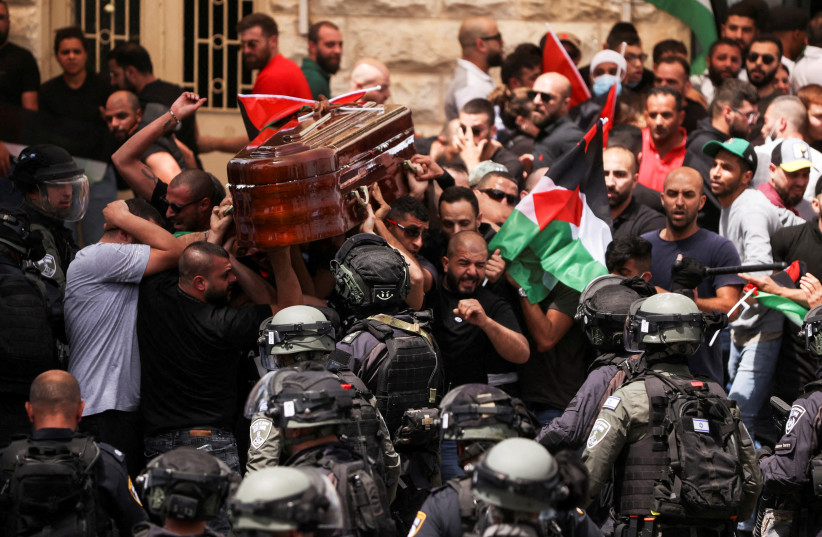
EXPERTS FROM the security establishment who know the conflict will provide explanations about how civilians don’t understand the overall reality. They will say that Israel had to use force and to keep lines of control. They will say that it’s about the broader message of who runs Jerusalem. Indeed, the massive outpouring for the funeral was unlike anything seen in Jerusalem in recent memory. But then again, a country that prides itself on very good intelligence should have known that.
And the reality of “control” is lacking anyway. Last year during the conflict with Hamas, many of Israel’s cities that have mixed Jewish and Arab population descended into chaos. This included attempted lynchings and attacks. I read recently about a similar incident in Acre, involving a Jewish man who went fishing and was attacked. We hear often about stockpiles of illegal firearms in the Negev. In reality, half the country is sitting on a knife-edge of violence.
It is all just barely kept in check by security forces. The reality is always kept just beneath the surface. A feigned sense of “everything is fine” percolates into discourse. The Abraham Accords, a sense of security and "no need to address the 'conflict'” is the reality. And anyway, Israel has a relatively new government that is always in tenuous control, waiting for a coalition crisis.
ON THE sidelines is the opposition that ran the country for a decade. That opposition, symbolized by Benjamin Netanyahu, preferred the status quo. The motto was strength and not weakness – the “strong survive” and the weak will not.
But that motto means the “strong” have to always be fighting to keep the status quo and also let pesky things like masses of illegal weapons in the Negev go by the wayside. Because not all problems can be dealt with at the same time.
In that line of reasoning, half of the neighborhoods in east Jerusalem are seen as basically lawless in some ways, with clashes with some police units a norm. But don’t worry, the argument goes, this doesn’t enter central Jerusalem.
Indeed, the old border between Israel and what was then Jordan – Route 1 today – is still a kind of dividing line. So when the funeral for Abu Akleh seemed to upset the status quo, the system went into action.
The learned experience of the period from 2011-2021 means that when certain “red lines” are crossed in whatever the system imagines to be “control,” then the batons come out and crowd-control measures are enacted. That is the explanation for the scenes of beatings of people at a funeral. To say that 55 years of conflict since 1967 is part of this story – especially the last 15 years since the Second Intifada – is an understatement. Managing the conflict is the main concept.
THIS MANAGING of the conflict is the concept that underpins Israel’s policies. “Strength and not weakness.” Management with strength. This means that one doesn’t only show the baton or the “strength,” but also that while the baton is always ready at the red line, whatever is over the line – beyond the barrier – can be managed, and often in a semi-lawless manner. The last months of terror attacks in Israel – whether in Bnei Brak and Beersheba in March, Tel Aviv in April or Elad in May (see the pattern) – were supposedly exceptions. Nineteen people killed. Exceptions.
And when there are exceptions, there are responses. So there are raids in Jenin. Why Jenin? Because it is perceived as a lawless city outside of Palestinian Authority control. It is in Jenin that Juliano Mer-Khamis, the actor, teacher and artist was murdered on April 4, 2011. Overall, the lawlessness there means that it is also seen as a center of resistance. That is what brought the IDF there on May 11.
It is what brought Abu Akleh there as well. She wrote last year of her experience there. “It was like going back to 2002 when Jenin lived something unique, unlike any other city in the West Bank. Towards the end of Al-Aqsa Intifada, armed citizens spread out all over the city and publicly dared the occupation forces to raid the camp,” she said.
“On every street, people ask the crew, 'are you from the Israeli press?’ ‘No, we are from Al-Jazeera.’ The yellow Israeli vehicle plates raise suspicion and fear. The car was photographed and the photograph was circulated several times before our movement in the city became familiar to inhabitants.”
JENIN GUNMEN fired a hail of bullets at the IDF on May 11, the day Abu Akleh was killed. This was not a surprise. The place is festooned with firearms. People there are well armed – they have been for decades. “During the counterterrorism activity in the Jenin Refugee Camp, massive fire was shot toward Israeli forces by tens of armed Palestinian gunmen. The terrorists also hurled explosive devices toward the soldiers, endangering their lives," the IDF said later that day.
"The soldiers responded with fire toward the sources of the fire and explosive devices; hits were identified," it said. "The IDF is investigating the event and looking into the possibility that the journalists were hit by the Palestinian gunmen.”
Abu Akleh’s funeral was in Jerusalem on May 13, a Friday. It is an important day for Muslims going to prayers. She was brought to the Greek-Catholic Church for the funeral.
But even at a funeral, the masses who came and the authorities could not put aside the reality.
It was a large gathering, more than most can remember in this part of Jerusalem, with Palestinian flags and a sense of an awakening of passions over the killing of the journalist. It is a reminder of the last lines of Fortinbras in Hamlet: “Take up the bodies. Such a sight as this becomes the field but here shows much amiss. Go, bid the soldiers shoot.”
Unfortunately, this land has seen – and will likely continue to see – too many funerals and too much shooting.
